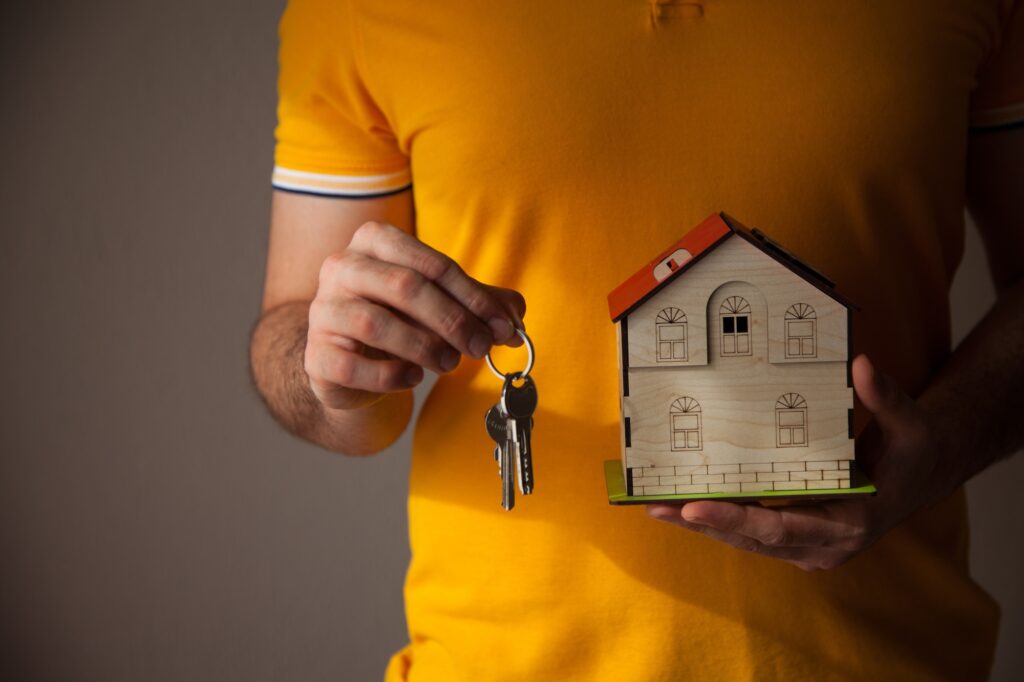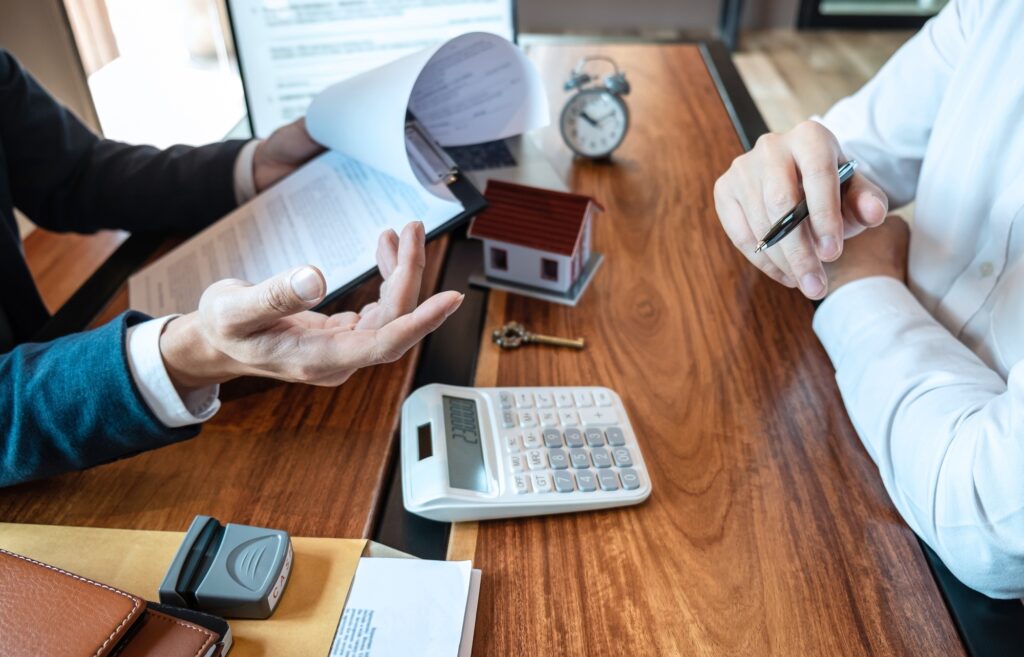
Thinking about buying a home in Cyprus? It’s an exciting journey—and a big financial move. One thing that often catches buyers off guard is VAT (Value Added Tax). At first glance, Cyprus applies a standard VAT rate of 19% on new properties, but there’s a silver lining. If you meet certain conditions, you could benefit from a reduced 5% VAT rate. This can make a real difference in your budget, especially if you’re purchasing a primary residence.
Let’s break down how this reduced rate works, what’s changed recently, who qualifies, and how to make sure you don’t miss out. Plus, we’ll explain how this fits into the broader picture of taxes in Cyprus, especially for those moving to Cyprus.
Understanding the 5% VAT scheme is crucial for buyers in Cyprus. It can mean thousands in savings, but only if you know the fine print, follow the application process correctly, and plan ahead. It’s one of the most important aspects of navigating taxes in Cyprus when moving to Cyprus.

So, lets start with the basics. When you buy a new, primary residence in Cyprus, you might be eligible for a significantly lower VAT rate of 5% instead of the usual 19%. But this isn’t applied automatically, and it’s not for everyone.
Here are the key criteria:
The property must be your main and permanent residence in Cyprus for at least 10 years.
You must be a natural person (i.e., not buying through a company or trust).
The home must be new and sold for the first time (no resales).
You must apply for the reduced VAT before you take delivery or move in.
You might be wondering if non-Cypriot residents can benefit from this reduced VAT rate. The good news? Yes! As long as you meet the above conditions, your nationality doesn’t matter. Whether you’re a British expat, a retiree from Germany, or relocating from Dubai for work, the 5% VAT still applies.
This scheme is especially appealing to expats moving to Cyprus permanently or families relocating for lifestyle and schooling opportunities.
In response to EU recommendations, Cyprus adjusted its VAT laws in 2023, and the updated rules are now fully in effect in 2025.
These changes affect who can claim the reduced rate, how much of the property qualifies, and under what conditions.
The first 130 square metres of a qualifying home can be taxed at 5%.
The portion between 131 and 190 square metres is taxed at the standard 19%.
If the total internal area exceeds 190 square metres, the entire property is taxed at 19%.
So let’s say you’re eyeing a 180 m² villa. The first 130 m² enjoys the 5% VAT rate, and the remaining 50 m² is taxed at 19%. But if your dream home is 200 m², the reduced rate is off the table entirely.
The 5% VAT is applicable on homes valued up to €350,000.
For properties priced between €350,001 and €475,000, you can still claim the reduced rate, but only on the first €350,000 of the value.
If your home costs more than €475,000, sorry—you pay 19% VAT on the full price.
This rule ensures that the benefit supports affordable home ownership rather than luxury developments.
If you or a household member has a disability, the cap is a bit more generous. You can claim the reduced 5% VAT on the first 190 m² of your residence, providing extra help where it’s most needed.

Applying for the 5% VAT isn’t too complicated, but it does require getting your documents in order.
Here’s what you’ll need to submit online to the Cyprus Tax Department:
A signed and stamped contract of sale
A clear copy of your passport or ID
A declaration from the architect or civil engineer working on the project
A declaration from the building contractor
Proof of payment made to the developer or contractor
The contractor’s annual licence for the year of construction
A copy of the planning and building permits
The certificate of buildable area issued by local authorities
A marriage certificate if you’re applying jointly
Declarations from any other applicant(s) listed on the contract
The review process usually takes a few weeks. But don’t wait until the last minute—approval must be granted before you move in, or you could lose eligibility.
In my experience, most delays come from missing documentation or mismatched details (like a passport number typo or unclear payment receipts). So double-check everything before submitting.

This reduced VAT isn’t just a technicality—it can save you tens of thousands of euros. And for many first-time buyers or young families, that makes home ownership achievable.
Let’s run a quick example:
Say you’re buying a new home worth €300,000, and it’s 130 m².
At 5%, the VAT is just €15,000.
At 19%, you’d pay €57,000.
That’s a €42,000 difference. Huge, right?
This is especially relevant in today’s market where construction costs and housing demand have driven prices up. Every bit saved on taxes in Cyprus can go towards furnishing, renovations, or just having some breathing room. It’s one of the many smart financial steps to take when moving to Cyprus.
If you’re feeling a bit overwhelmed by all these rules, forms, and criteria, you’re not alone. Many buyers—especially those new to Cyprus or unfamiliar with the legal process—prefer to work with a legal team to manage the application.
We offer full end-to-end legal support, which includes:
Checking property eligibility and contracts
Submitting your VAT application
Coordinating with developers and tax offices
Helping with residency permits if needed
Having legal backing not only saves time but also gives peace of mind that everything’s done by the book.
If you’re buying a new, primary residence in Cyprus, you could qualify for 5% VAT.
You must apply before moving in, and the property must be under 190 m².
Value limits apply, with the sweet spot being properties up to €350,000.
Disabled persons are entitled to VAT relief on up to 190 m².
Get your documents in order, and when in doubt, work with a trusted legal advisor.
The 5% VAT scheme is there to help genuine home buyers—but only if you follow the rules. Don’t let red tape cost you thousands. It’s one of the most critical components of understanding taxes in Cyprus, especially if you’re moving to Cyprus and planning a long-term life on the island.
1. Can I apply for 5% VAT after moving into the property?
No, you must apply and be approved before taking delivery or moving in.
2. I’m a foreign national. Can I still apply for the reduced VAT rate?
Absolutely. Your nationality doesn’t matter—only that you meet the criteria.
3. Can I apply if my property is a resale?
No. Only new, first-time sales qualify for the reduced rate.
4. What if my house is slightly over 190 m²?
Even if it’s 191 m², the whole property gets taxed at 19%. There are no partial exemptions.
5. Can I benefit from this if I’ve already claimed reduced VAT in the past?
Only if 10 years have passed since your last reduced rate VAT claim.
If you’re buying in Cyprus and want to make the most of the 5% VAT rule, now is the time to act. Get in touch with a property law expert, gather your paperwork early, and make your move with confidence. If you’re moving to Cyprus, understanding taxes in Cyprus is your first smart step.